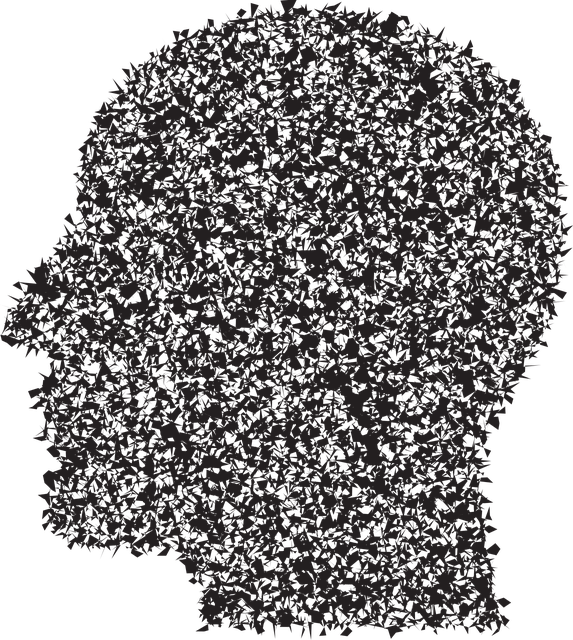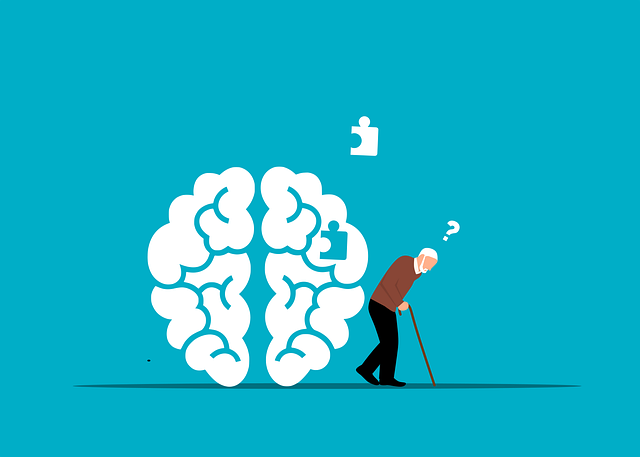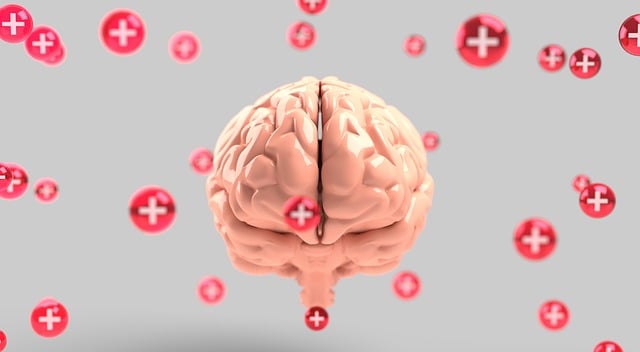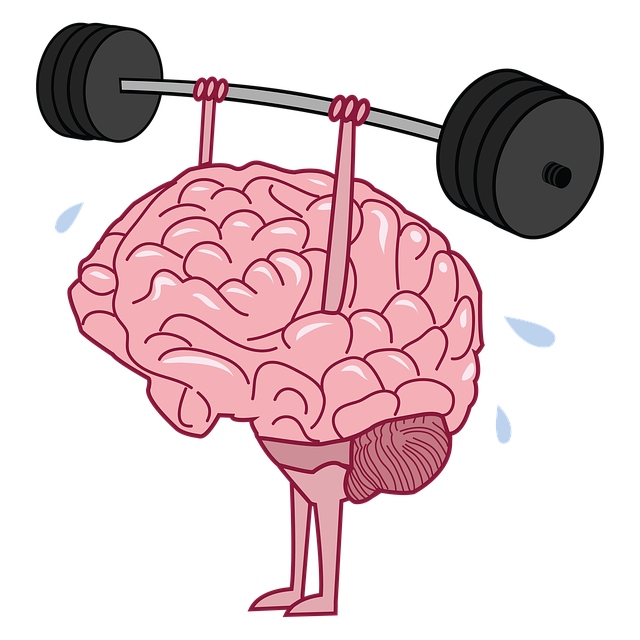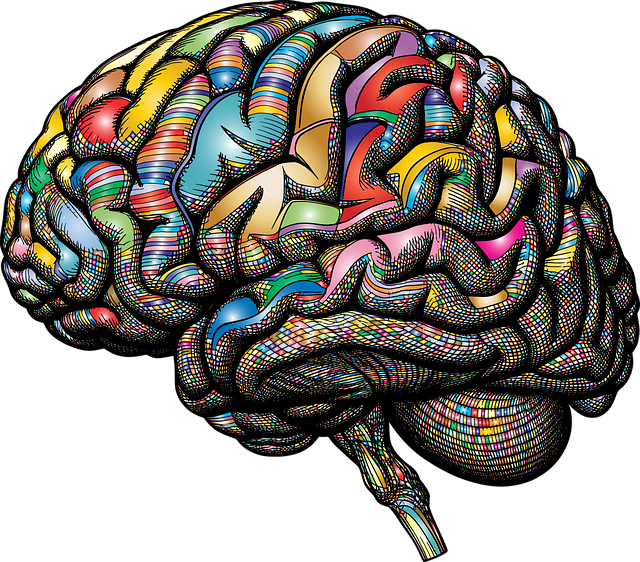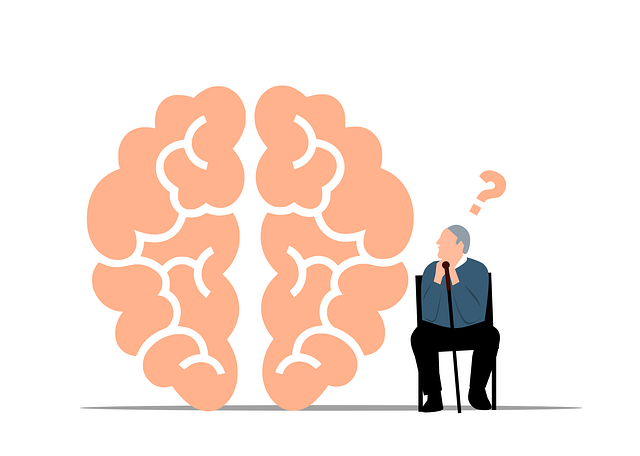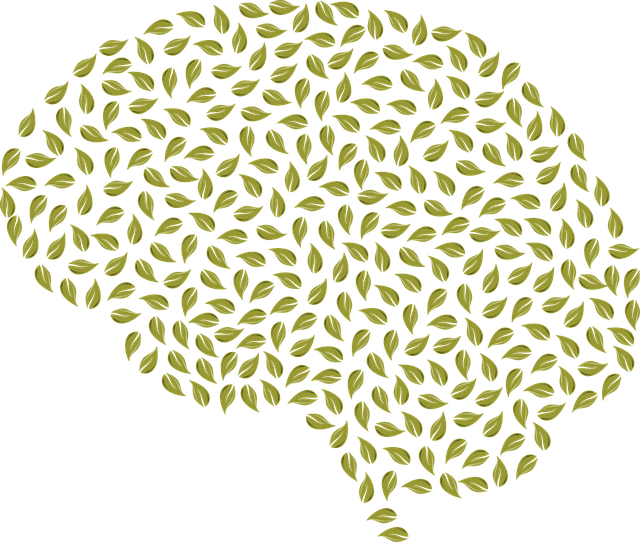In today's fast-paced world, mental wellness is crucial, especially for young adults navigating challenges like identity formation, academic pressures, and social dynamics. Self-assessment tools play a vital role in early detection and management of mental health issues, akin to bariatric evaluations for physical health. These tools empower individuals to take proactive steps towards better mental health through tailored interventions like mindfulness meditation, social skills training, and evidence-based therapies. Optimal self-assessment tools integrate diverse components, cultural competency, and evidence-based practices like cognitive behavioral therapy (CBT) and acceptance and commitment therapy (ACT). By addressing unique challenges faced by young adults and healthcare providers, these tools enhance mental wellness evaluations, normalizing help-seeking behaviors and fostering open conversations about therapy.
Mental wellness self-assessment tools play a pivotal role in empowering individuals, especially young adults and those undergoing bariatric evaluations, to take charge of their mental health. This article delves into the development and importance of such tools, highlighting the need for accessible and effective assessment methods. We explore key components, including integrating therapy techniques tailored for young adults, while discussing best practices and future improvements to ensure these tools remain relevant and impactful in enhancing mental wellness.
- Understanding the Need for Self-Assessment Tools in Mental Wellness
- Target Audience: Young Adults and Bariatric Evaluations
- Components of an Effective Mental Wellness Self-Assessment
- Integrating Therapy into Self-Assessment Tools for Young Adults
- Best Practices and Future Directions for Continuous Improvement
Understanding the Need for Self-Assessment Tools in Mental Wellness

In today’s fast-paced world, mental wellness is an increasingly important aspect of overall health, especially for young adults facing the challenges of modern life. The need for effective self-assessment tools in mental wellness cannot be overstated. These tools play a pivotal role in early detection and management of various mental health issues, including mood disorders, anxiety, and stress-related conditions. By providing individuals with a means to evaluate their emotional well-being, these assessments empower them to take proactive steps towards improving their mental health.
Just as bariatric evaluations aid in understanding and managing physical health, self-assessment tools for mental wellness are crucial in facilitating therapy for young adults. They enable professionals to tailor interventions effectively, focusing on areas such as mood management, stress management, and self-esteem improvement. This personalized approach is particularly beneficial, ensuring that each individual receives support suited to their unique needs and challenges.
Target Audience: Young Adults and Bariatric Evaluations

The development of mental wellness self-assessment tools is a critical aspect of addressing the unique needs of young adults and individuals undergoing bariatric evaluations. These groups often face distinct challenges related to their mental health, requiring tailored interventions. Young adults, transitioning from adolescence to adulthood, may struggle with issues such as identity formation, academic pressures, and navigating social dynamics, all of which can impact their psychological well-being. Bariatric patients, on the other hand, encounter emotional complexities associated with significant physical changes, including body image concerns and adjustment difficulties related to their new health status.
Therapy for young adults and bariatric evaluations should incorporate comprehensive mental health assessments to identify emerging or pre-existing conditions. This can facilitate early intervention and personalized treatment plans, potentially incorporating strategies like mindfulness meditation, social skills training, and evidence-based therapeutic approaches. A robust mental wellness self-assessment tool can empower these individuals to take charge of their mental health, complementing professional care through increased awareness and self-care practices, while also guiding advocacy efforts in the broader context of Mental Health Policy Analysis and Advocacy.
Components of an Effective Mental Wellness Self-Assessment

An effective mental wellness self-assessment tool should incorporate several key components to accurately gauge an individual’s psychological well-being. Firstly, it must include a comprehensive set of questions that cover various aspects of mental health, such as mood, anxiety, stress levels, and emotional resilience. These queries should be designed to elicit honest responses, ensuring anonymity and confidentiality to encourage candid self-reflection.
Additionally, integrating elements from therapy for young adults and bariatric evaluations can provide valuable context. This might include assessing eating habits, body image, and the impact of life events, which are crucial aspects often influencing mental wellness. The tool should also consider cultural competency training for healthcare providers to ensure its sensitivity to diverse populations. Incorporating these factors will enhance the assessment’s effectiveness, making it a valuable resource in mental health education programs and potentially leading to improved outcomes through early intervention.
Integrating Therapy into Self-Assessment Tools for Young Adults

Integrating therapy into self-assessment tools for young adults is a promising approach to enhance mental wellness evaluations. By incorporating elements of cognitive behavioral therapy (CBT), acceptance and commitment therapy (ACT), or other evidence-based practices, these tools can provide more comprehensive insights into the unique challenges faced by this demographic. Therapy for young adults goes beyond traditional bariatric evaluations; it delves into the intricate web of social skills training, emotional intelligence, and self-esteem improvement, which are crucial aspects of overall well-being.
These assessment tools can be designed to detect early signs of mental health issues, offer personalized recommendations, and guide users towards effective coping strategies. For instance, incorporating exercises that foster emotional awareness and regulation can complement traditional assessments. By addressing these psychological dimensions, self-assessment tools not only support young adults in understanding their mental wellness state but also empower them with the necessary tools to navigate life’s challenges more effectively.
Best Practices and Future Directions for Continuous Improvement

As the field of mental wellness evolves, continuous improvement in self-assessment tools is vital to meet the diverse needs of young adults and healthcare providers alike. Best practices for developing these tools should focus on accessibility, adaptability, and cultural sensitivity. User-friendly interfaces that cater to various learning styles ensure wider appeal and better engagement, particularly among tech-savvy youth. Incorporating interactive elements, such as personalized feedback loops and adaptive algorithms, can enhance the assessment experience, making it more dynamic and relevant.
Future directions should explore integrating Burnout Prevention Strategies for Healthcare Providers into these tools to address the mental health of those who support others’ wellness. Additionally, promoting Self-Care Routine Development for Better Mental Health through interactive features could empower individuals to take proactive measures. Designing Mental Health Education Programs that utilize these self-assessment tools can foster a deeper understanding of mental wellness, encouraging open conversations and normalizing help-seeking behaviors. This holistic approach ensures not only the development of robust assessment tools but also their effective utilization in enhancing overall well-being.
The development of mental wellness self-assessment tools is a vital step in empowering individuals, particularly young adults and those undergoing bariatric evaluations, to take charge of their mental health. By incorporating key components such as symptom tracking, personalized feedback, and therapy integration, these tools can effectively bridge the gap between assessment and treatment. Future improvements should focus on enhancing accessibility, cultural sensitivity, and evidence-based practices to ensure these resources remain dynamic and impactful in meeting the evolving needs of diverse populations. Integrating therapy specifically tailored for young adults within these assessments holds promise in fostering resilience and promoting positive mental wellness outcomes.

